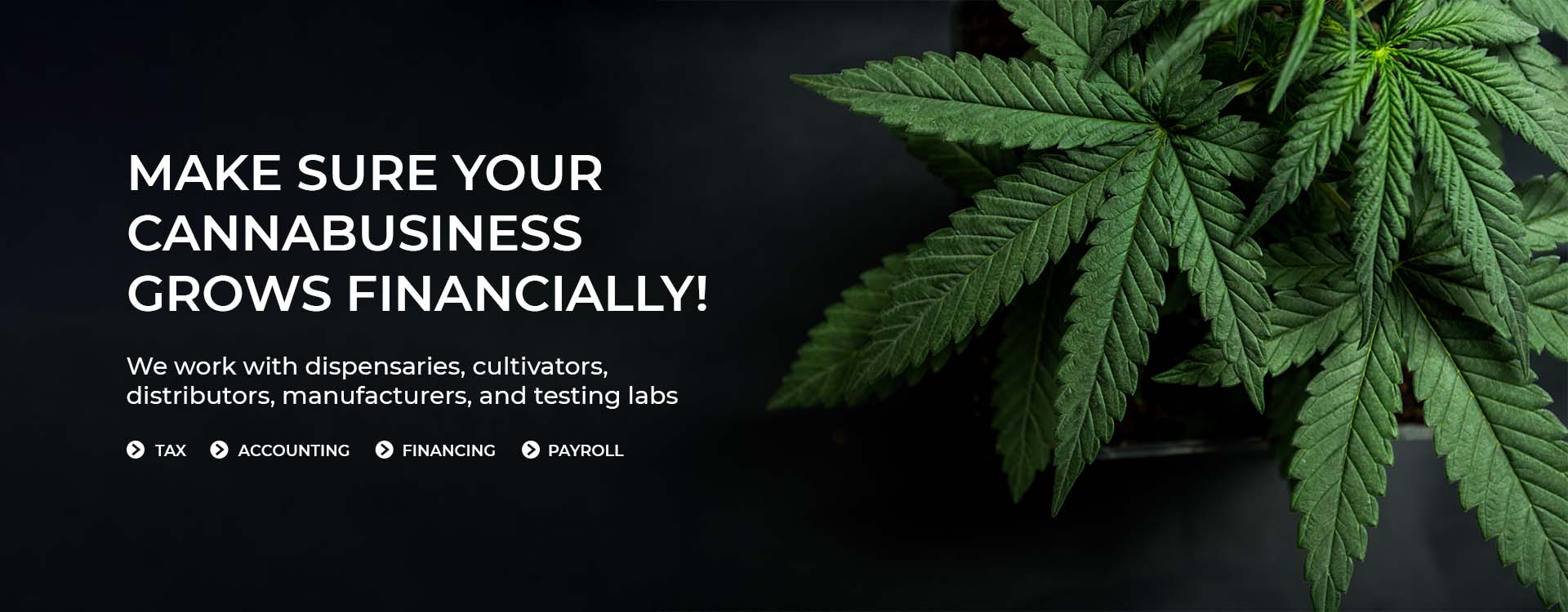IRS OVERVIEW Lowering the Risk of an IRS Audit for your Cannabis Organization |
| The newest audits are focusing on Form 8300, which is the form used to report cash transactions of $10,000 or more. The IRS investigates large cash transactions that have been processed by cannabis-related businesses for evidence of money laundering and under-reporting of business income. This article will provide knowledge to help cannabis-related businesses mitigate their potential exposure to an IRS audit. An IRS audit doesn’t only come along with the risk of having to pay additional tax liabilities, for cannabis companies there is also risk of being hit with fraud or other criminal charges because cannabis is still considered an illegal drug under federal statutes. Businesses that earn $200,000 can expect to be audited at a higher rate than businesses that earn less than this amount. Please understand that underreporting your income is one of the top IRS red flags with cannabis-related businesses dealing in cash and it is easy for these businesses to come under the inspection of the IRS. Every cannabis company is at a substantially higher risk of being audited but the IRS than other types of businesses, until the laws change. Therefore, it is extremely important for your business to follow these best practices to reduce the chance of being audited. |
1. Maintain Careful Records and Copies. The more revenue your business makes there is a higher chance of your business being audited. This is because you are likely to be required to file Form 8300 for multiple transactions. Also, if your business takes large deductions for costs of goods sold (COGS), the IRS may examine your deductions more closely. Be sure to maintain copies of all fixes filed tax forms and receipts for all of the items that you claimed as part of your COGS deductions. 2. Make Sure to File on Time. It can be difficult to keep up with the forms and due dates for you cannabis-related businesses since the rules seem to change annually. Having a qualified tax professional prepare your taxes will help keep you on top of the legal requirements for your business.
Here are the annual deadlines that companies should be aware of:
3. Comply With All State Laws. Properly disclosing all activities of your business and any related party interest to your lawyer and CPA will ensure that your business is in compliance with state law. The Federal government’s current policy is to investigate cannabis-related businesses that violate both federal and state laws. Being in violation of state laws will put your business at great risk of being audited. There is no guarantee that your business won’t be audited by the IRS no matter how many precautions you take. However, the tips above will help lessen your chances. Make sure to maintain thorough, well-organized records just in case. Feel free to contact us with any questions you may have. |


